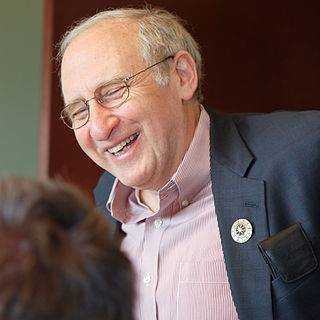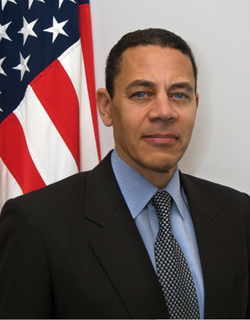A Quote by John Patrick
Everything is relative. Is the Internet fast? Not for most people. Is it always on? Yes, for cable modem and DSL users but that represents a tiny percentage of users.
Quote Topics
Related Quotes
On the Web, usability is a necessary condition for survival. If a website is difficult to use, people leave. If the homepage fails to clearly state what a company offers and what users can do on the site, people leave. If users get lost on a website, they leave. If a website's information is hard to read or doesn't answer users' key questions, they leave. Note a pattern here?





































